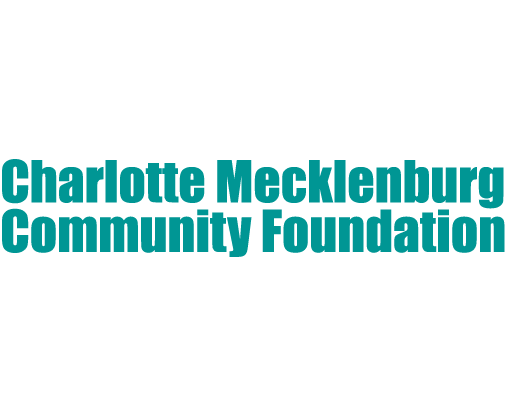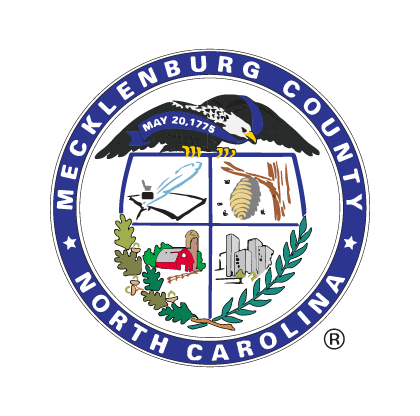LU40 Class 5 Alum Creating Sustainable Future at JCSU
This article was originally published in “West Side Stories”, a series by the Historic West End Initiative.
Johnson C. Smith University has been a cornerstone of the Historic West End since 1867. As one of the oldest predominantly African-American universities in the state of North Carolina, JCSU is a treasured landmark rich with history. JCSU students, faculty, and staff have been an important part of the Historic West End community for over 150 years and are continuing to invest in the community.
Dr. Philip Otienoburu, Assistant Professor of Biology and Director of Center for Renewable Energy & Sustainability, has been a part of the Historic West End community since 2012. His work with the JCSU Sustainability Village program has been a vital part of empowering the community to create food access solutions for themselves. The program teaches community members how to grow and process organic food in an effort to address issues connected to food security and fresh produce access in the corridor.
Dr. Otienoburu is focused on empowering community members to find food security solutions for good reason. “When looking at the economically distressed neighborhoods, food becomes one of those issues that is neglected in policy planning, yet it is very impactful in the lives of the people in that neighborhood. Our program tries to address this by working hand-and-hand with members of the community to create a mechanism by which they can address the problem on their own without depending on the policymakers to act.”
Working to cultivate community gardens in partnership with neighborhood associations in the Historic West End has been one of the mechanisms. Dr. Otienoburu explained, “Given the issue of food insecurity in the northwest corridor, we thought the best way to address it beyond food donation was to equip residents with knowledge about growing food organically and organic food preparation.” JCSU helps to supply seedlings and invites area residents to come on campus to the Sustainability Village to work alongside the students to gain agricultural knowledge.
Many of the Historic West End neighborhood gardens that partnered with the Sustainability Village are experiencing much success and are running on their own now. “Lincoln Heights expanded their garden after we worked with them to cultivate it. They have received city dollars to help in that expansion. And, the garden in Washington Heights has enjoyed a great harvest producing over 30 pounds a week.” These success stories are examples of the strong future that Dr. Otienoburu is helping the Historic West End move toward. “At the end of it, what we are seeing is that communities are taking full control of the problem. They are not being defined by the problem, but being the solution.”

Contact Us
704.943.9763
601 East Fifth Street
Suite 460
Charlotte, NC 28202
© Copyright 2020 Community Building Initiative










